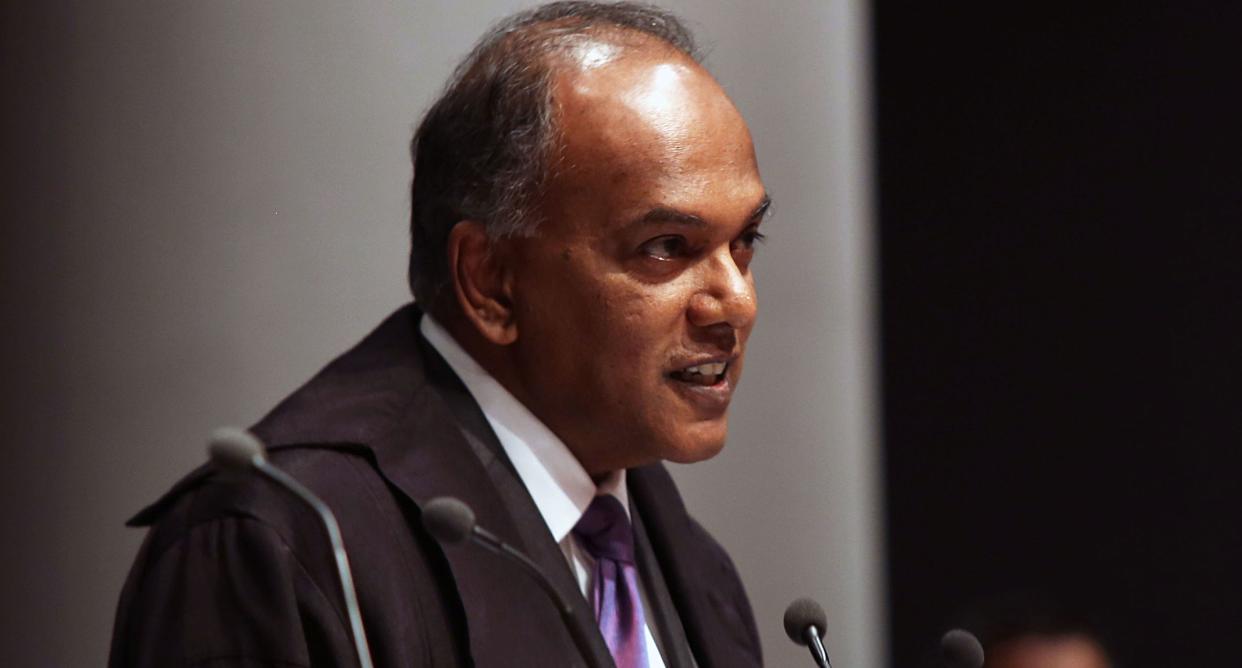Welfare officers to help police in dealing with offenders’ underlying social issues

A new scheme to deal with possible underlying social issues faced by offenders will be introduced, said Home Affairs and Law Minister K Shanmugam on Friday (2 March) in Parliament.
Called the Home Team Community Assistance and Referral Scheme (HT CARES), the scheme will involve the stationing of officers – contracted staff from a voluntary welfare organisation – at every Police Division to help refer offenders who face such issues to the necessary agency for assistance.
The scheme was spurred by the realisation that offenders who commit offences may be facing complex problems. “Some…have medical issues too. Some are struggling to make ends meet. Others have problems with the family,” Shanmugam said.
“Investigators will deal with the ‘crime-solving’, (while) the CARES officers will assess whether social interventions are needed to address underlying issues. These interventions could be in the form of counselling, mental health assistance, financial assistance,” he added.
Shanmugam said that the scheme, which was being studied by both the Ministry of Home Affairs and the Ministry of Social and Family Development, will be piloted at a Police Division this year.
Separately, the minimum period for young offenders who are sentenced to the Reformative Training Centre (RTC) will be reduced. The RTC sentence, which is currently at least 18 months long for young offenders, will be cut to at least either six or 12 months, as different individuals require “different intensities of intervention and different lengths of rehabilitation, said Shanmugam.
The RTC, which is targeted at offenders aged between 14 and 21, helps young offenders to reintegrate back into society by rehabilitating them through education and skills training.
Shanmugam noted that currently, 80 per cent of youths arrested are not charged so as to give them a chance to “sober up” and “stay on the right side of the law”. These youths will be given warnings and referred to counsellors or other programmes.
The remaining 20 per cent of young offenders may include repeat offenders or those who commit serious offences, such as drug trafficking. These may be detained to deter them from committing further offences or for their own rehabilitation, he said.
The minister said he will expound on the enhancements to the RT regime during the second reading of the Criminal Procedure Code amendment bill in March.



